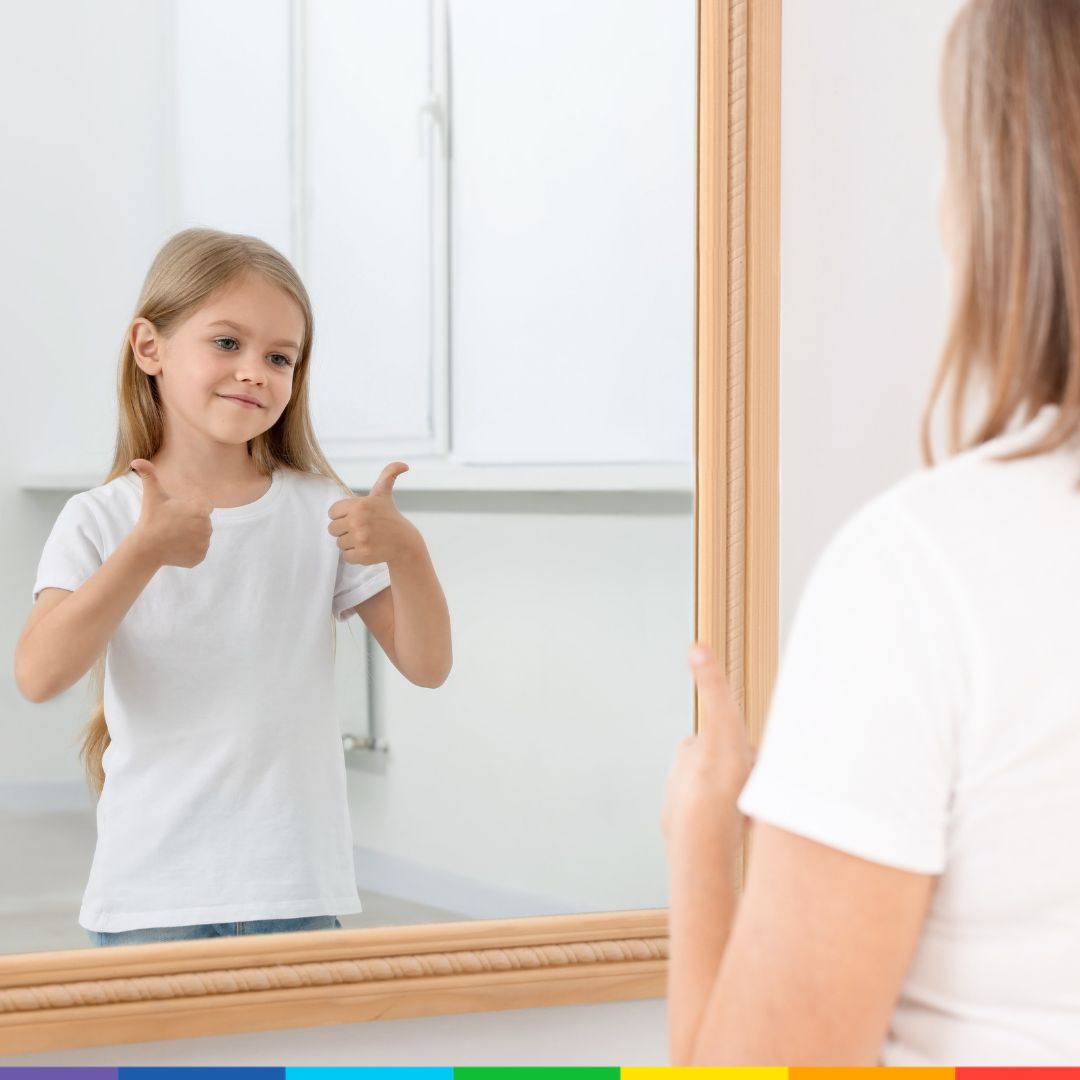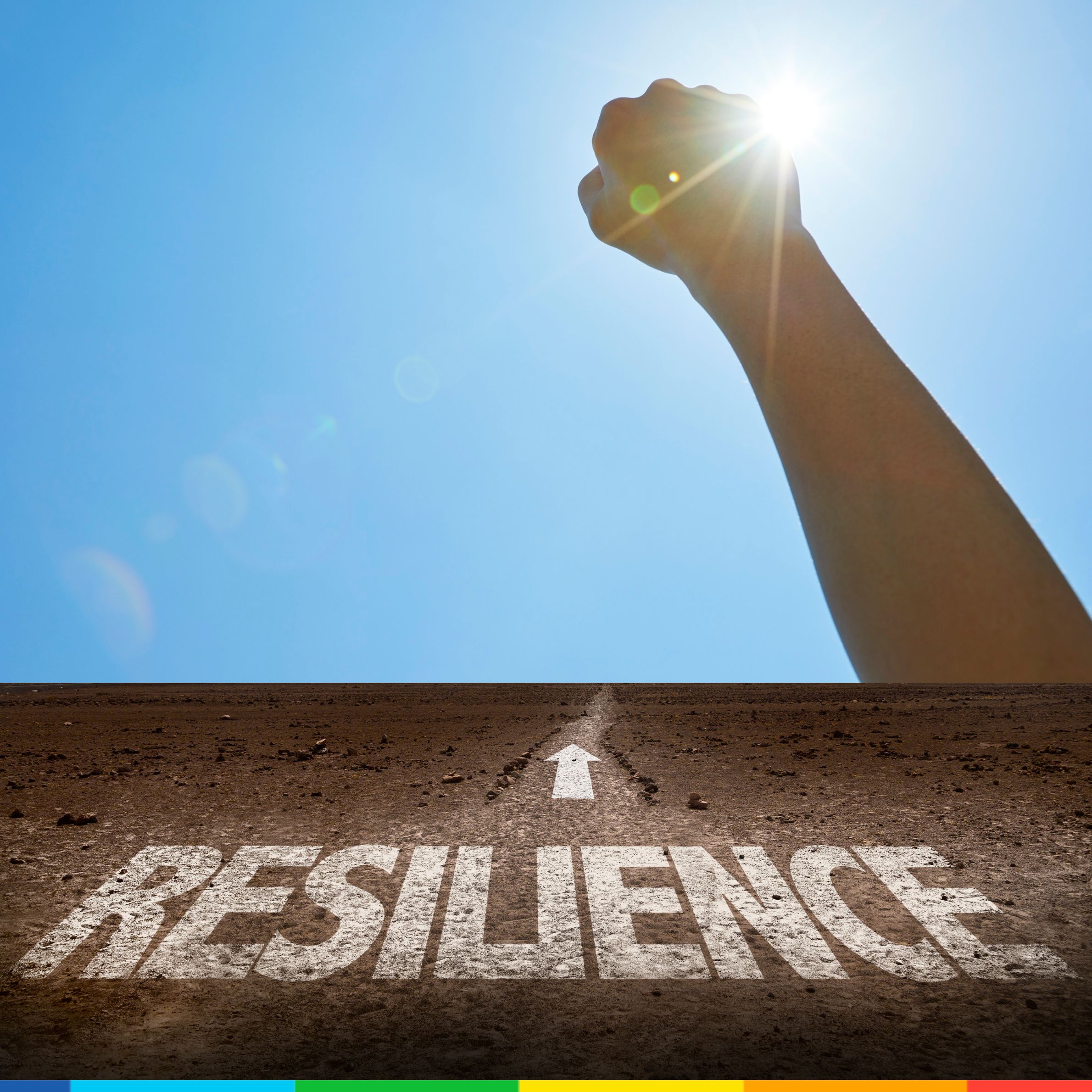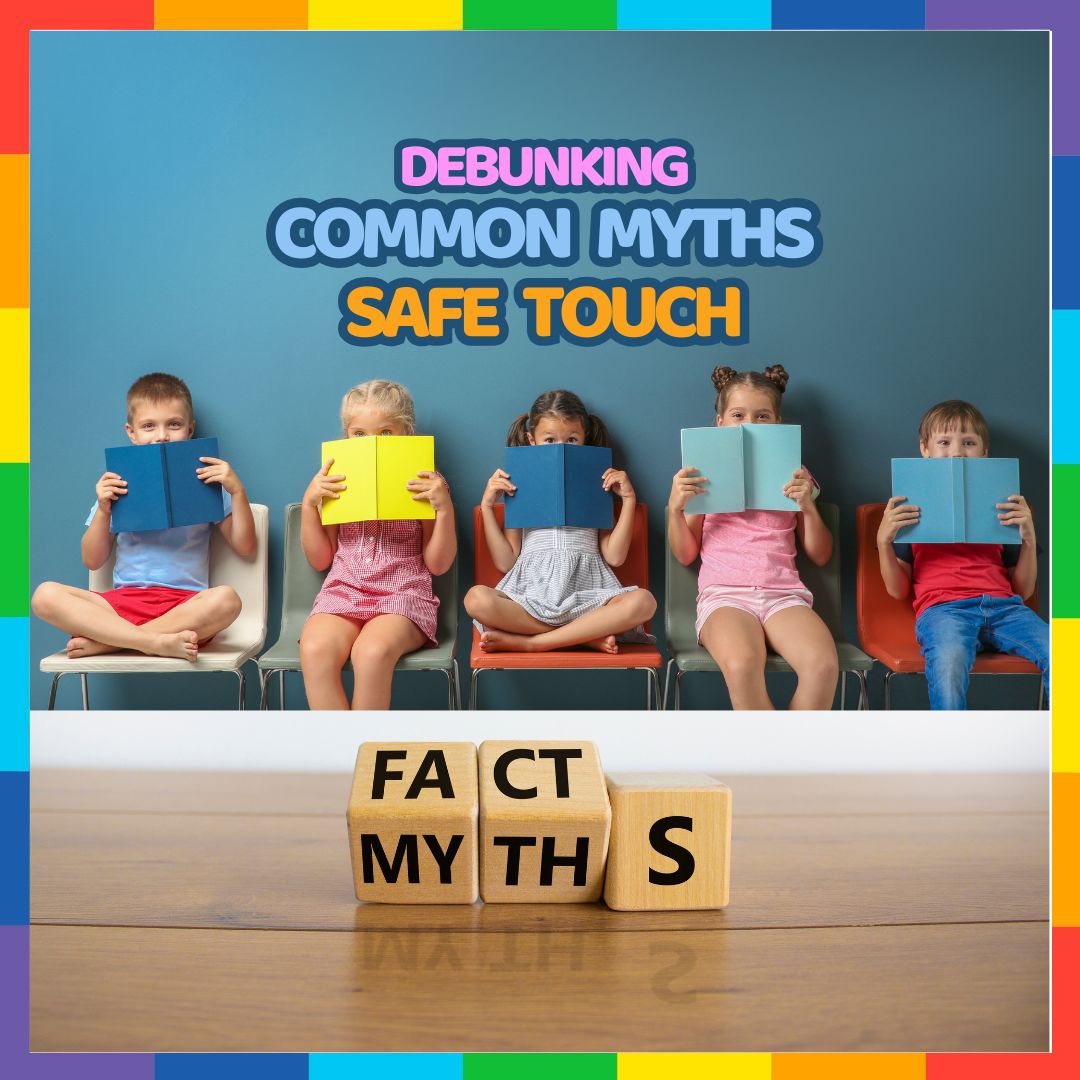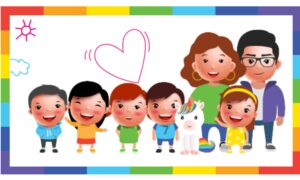
Quick Bites
How to Nip Racism in the Bud & Harness Emotional Well-being?
June 25, 2024
Related
Topics

Hey
-

How to Build Friendship Skills and Classroom Confidence?
February 11, 2026
-

Resilience-Building – Easy Checklist for Kids of All Ages
August 13, 2025
-

-

How to Ensure Body Safety of Your Kids? – Summary
February 27, 2025
-

Debunk Common Myths About Safe Touch: Know the Truth
February 23, 2025
Ready for more?
Hey
Sign up for Rainbow Kiddies newsletters for more stories and updates
Let us start this one with a question for you all – When do you think racism starts budding in our little buds? As per UNICEF it could start as early as before 5 years of age.
When my daughter started preschool she often mentioned about being classified as a brown child in her class. Some were classified as white, some pink, peach and so on. At first I thought it was just kids trying to understand the concept of human skin colors. Then she mentioned about the teachers also indulging in such talks. Though it felt inappropriate, at that time I did not how to handle or confront the situation. It has been 2 years since she finished preschool, but I guess I know better now, and better late than never.
So, I am here to share some insights with you all, so you do not end up making the mistake I had made by not knowing how to confront the issue.
I tumbled upon one of these articles that talks about racism and how kids can be made aware of the existence of it. This article by UNICEF mentions that the earlier we talk about racism to our kids, the better.
Some key points on how to approach racism:
Start Early:
Begin conversations about race and racism when children are young. It says that racial bias could start taking shape in kids by age 5. So, now I know that the kids were definitely getting it all wrong in the preschool.
Acknowledge Differences:
When kids are younger than 5 years of age, use simple language to recognize and celebrate differences. Let them know that we all look different, but we are all humans and that it what makes it all the more beautiful. Ask them to imagine a scenario where everyone looked the same. It would definitely be less beautiful than what we have now.
Open Discussions:
Avoiding such topics will not help our kids because racism is rampant. Being unaware could even affect their emotional health at some point. They might not be able to make sense of why they are being treated a certain way. So encourage open discussions about it, help them be aware. Do not shush kids when they ask about color or races. Be the one to encourage such discussions and guide them right.
Encourage Equality:
Discuss about the unfairness in treating differently colored people or races in a different way. Explain that everyone deserves equal respect, love and opportunities irrespective of their color or race. Even young kids understand the idea of being fair and equal. So talk to them about it.
Celebrate Diversity:
Expose children to various cultures through food, media, and activities. Encourage positive interactions with people/ kids from other races or cultures. Educate school going children about historical events like apartheid in South Africa, untouchability in India, civil rights movement in the United States and any such event where equality triumphed over discrimination.
Model Behavior:
Demonstrate inclusive behavior and maintain diverse friendships. Be kind, respect every fellow being irrespective of their color or any other differences. This will encourage your kids to follow suit too.
Continuous Dialogue:
Keep the conversation about racism ongoing and educational. With kids who are in primary school or older, ask them what they hear about color and race through different kinds of media. Explain why some things shown in the media might not make complete sense – like all leading ladies being of a certain skin color, villains being from certain minority groups or mostly of a certain color, etc. Even the extra love that a fair skinned child gets in some societies or conservative families has to be explained properly to a child. They have to be told that it is not right and such practices are wrong and not to be encouraged.
Our Conclusion

Being left out for no mistake of theirs can be really daunting for any kid, big or small. Leave alone kids, it can affect even us parents or even grandparents. The impact it has on emotional health is huge. The unsafe environment that it creates can be highly intimidating. Read our quick bite on how adversities can impact emotional regulation in any age group to know more on this topic. So act now and nip racism in the bud. Let us together make this world a better place for generations to come.
Happy parenting!
Sign Up for your Free Parenting Guide: “10 Everyday Ways to Raise an Emotionally Strong Child”

